Akio Toyoda stepped down as CEO in January and received his lowest approval rating in 10 years at this week's shareholder meeting over Toyota's electric vehicle strategy.
Toyota Motor Corp. shares surged 13% this week, the most in three years, after the company detailed plans to catch up with rivals in the global electric car race. Tesla Inc. and other electric carmakers are also on the rise.
The development shows how effective a well-timed electric vehicle advertising campaign can be for Toyota. However, at the June 14 shareholders’ meeting, the approval rating for President Akio Toyoda to continue on the board this year was 85%, down from 96% last year and the lowest since 2013.
Major U.S. pension funds and European investors voted against Toyoda, arguing that the automaker is falling behind its rivals because of its approach of offering consumers a wide range of gasoline and hybrid vehicles while investing in electric, hydrogen and alternative fuels.
Toyoda, 66, has led the company past Volkswagen to become the world’s largest automaker. But he has been criticized for saying the transition to electric vehicles will take longer than expected. He believes the industry is not ready for the transition without abundant resources and energy sources that can help neutralize emissions.
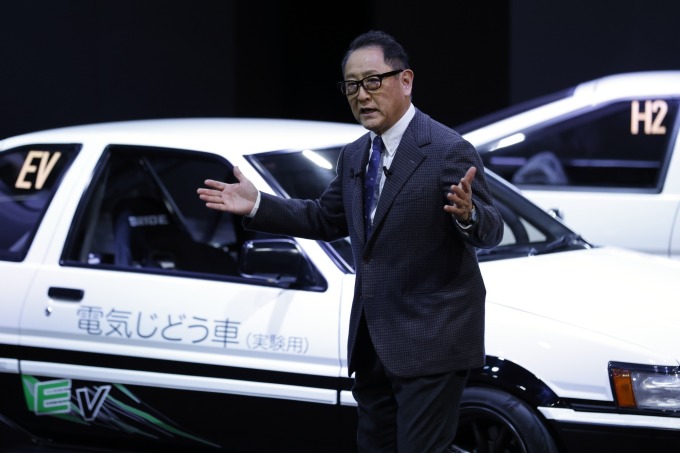
Toyota President Akio Toyoda. Photo: Bloomberg
He led the company for more than a decade, overcoming many difficult periods, from the 2009 financial crisis, the global recall of millions of Toyota vehicles to the 2011 earthquake and tsunami disaster.
But under Toyoda, the automaker has been hesitant to embrace the global electric vehicle wave, arguing that its pioneering hybrid technology is more user-friendly. Toyota has also touted hydrogen fuel cell vehicles as the cars of the future, raising concerns that it will be left behind as electric vehicles become more popular. Rivals like Tesla are slowly gaining ground in both innovation and share price.
This has led to criticism from both investors and environmentalists. “Toyoda is a good CEO, but the whole auto industry needs a radical change, and Toyota is lagging behind in our view,” Anders Schelde, CEO of the Danish pension fund AkademikerPension, told Reuters in January. The fund has repeatedly urged Toyota to accelerate its shift to electric vehicles.
Earlier this year, Toyoda stepped down as CEO, passing the reins to Koji Sato, a leader of Lexus (a Toyota brand). Observers believe Toyoda left the position due to pressure from electric vehicles.
Koji Endo, director of equity research at SBI Securities, said Toyoda’s low approval ratings showed investors were worried about the automaker’s management, not its strategy, given its rising profits and share price. But it was also a reminder of how powerful shareholders can be in the world’s top companies.
"From the Japanese perspective, there is no particular problem with governance. But from the perspective of American and European institutional investors, the car company lacks transparency," he said.
Shareholders including Danish pension fund AkademikerPension, Norwegian financial services firm Storebrand Asset Management and Dutch conglomerate APG have recently urged Toyota to improve transparency around its lobbying efforts on electric vehicles, gasoline bans and other climate policies. “Shareholders are also interested in seeing how Toyota’s battery-electric vehicle strategy will change under Sato,” said Tatsuo Yoshida, an analyst at Bloomberg Intelligence.
Toyota announced a 4 trillion yen commitment in late 2021 to accelerate its transition to electric vehicles, but the company has yet to satisfy major shareholders.
Early in Sato's tenure, communication began to change. Sato mentioned the need to better communicate Toyota's strategy.
Last week, Toyota invited reporters and analysts to its research center near Mount Fuji to see tools and technologies it will deploy over the next few years to accelerate production of electric vehicles. A day before its annual shareholders meeting, Toyota announced ambitious plans for solid-state batteries and other technologies to improve the range and lower the cost of future electric vehicles.
"We will continue to pursue sustainable growth as expected by our shareholders and listen to their criticisms. We will continue to have open dialogue with all stakeholders," a Toyota spokesman told Bloomberg.
At a conference on June 13, Toyota Chief Technology Officer Hiroki Nakajima said that the shift from gasoline-electric hybrids to electric vehicles is a good indicator of demand in 2026. He affirmed that "development and production will be ready".
So the focus will be on Toyota’s ability to deliver. In April, Sato pledged that Toyota would produce 10 pure electric vehicles and sell 1.5 million battery electric vehicles a year by 2026. That’s on top of its previous pledges to sell 3.5 million battery electric vehicles by 2030, halve its emissions by 2035 and become carbon neutral by 2050.
Those are ambitious targets, given that Toyota sold just 38,000 battery-powered electric vehicles in the fiscal year that ended in March. It took it two decades to reach the milestone of selling 1.5 million electric vehicles (mostly gasoline-electric hybrids) a year.
"To reach this milestone, Toyota will have to surpass Tesla. Now that they have shown the ability to produce battery electric vehicles, the next question is: Who will buy them?", said Koji Endo.
Japanese officials are certainly not standing aside. Nikkei reported today that the Japanese Ministry of Economy will provide 120 billion yen in support for automakers to invest in domestic battery production.
"As competition for batteries in the international market intensifies, competition for capital is also becoming more intense. Toyota's large-scale investment will significantly strengthen the country's battery supply chain," Industry Minister Yasutoshi Nishimura told reporters.
Ha Thu (according to Bloomberg, Reuters)
Source link



![[UPDATE] April 30th parade rehearsal on Le Duan street in front of Independence Palace](https://vstatic.vietnam.vn/vietnam/resource/IMAGE/2025/4/18/8f2604c6bc5648d4b918bd6867d08396)

![[Photo] Prime Minister Pham Minh Chinh receives Mr. Jefferey Perlman, CEO of Warburg Pincus Group (USA)](https://vstatic.vietnam.vn/vietnam/resource/IMAGE/2025/4/18/c37781eeb50342f09d8fe6841db2426c)

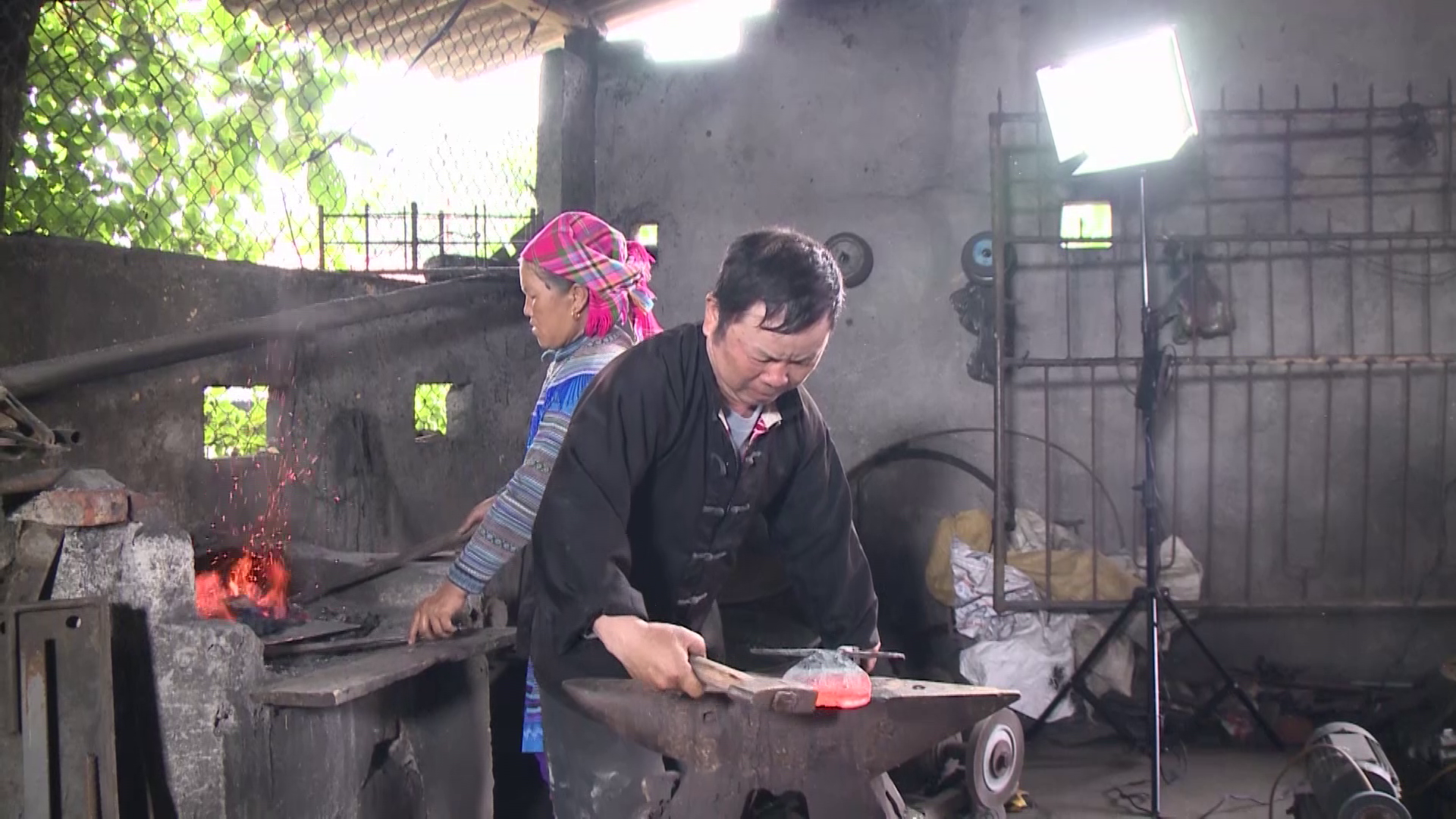
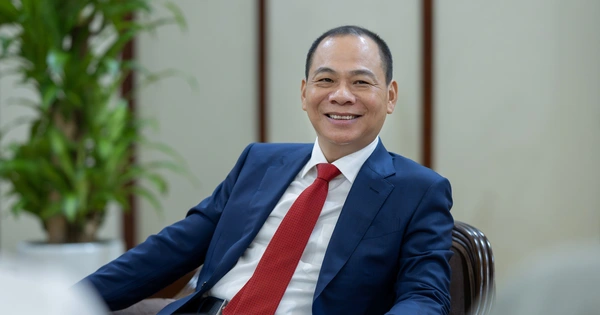

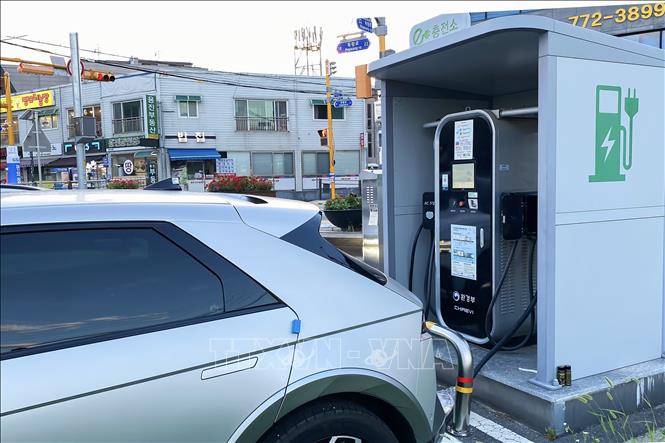

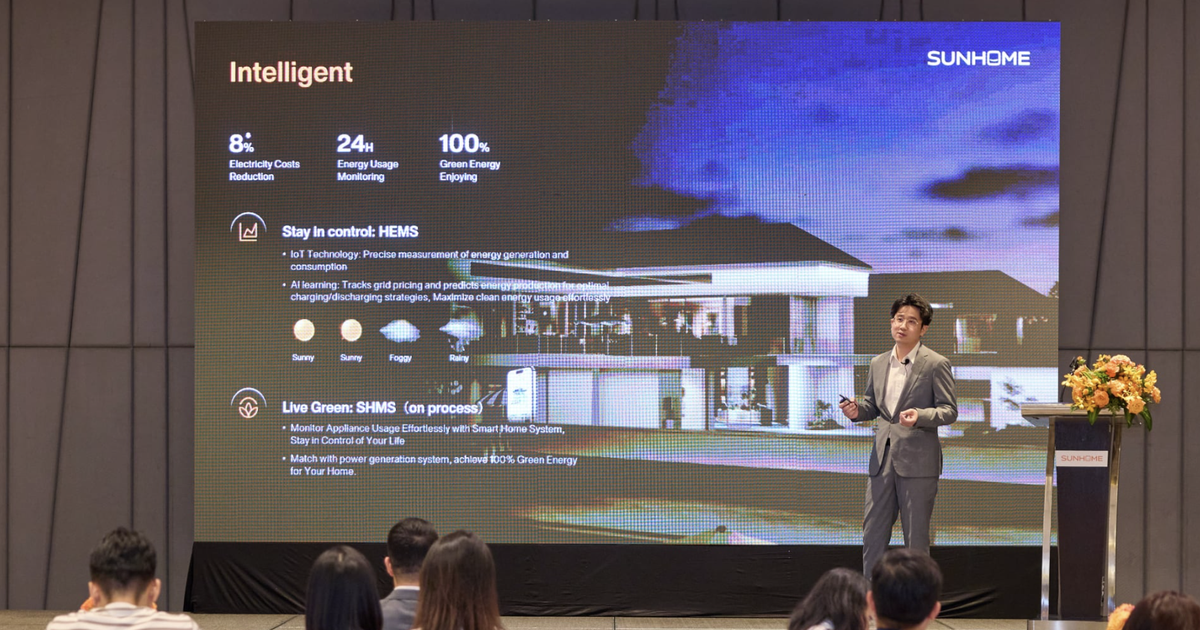

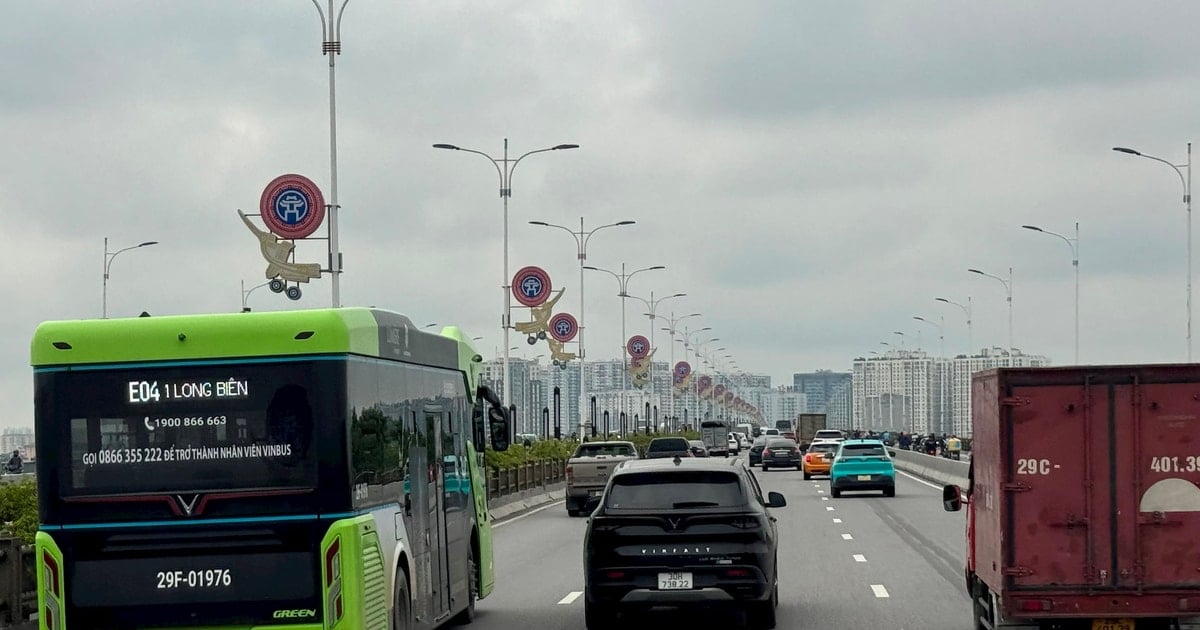

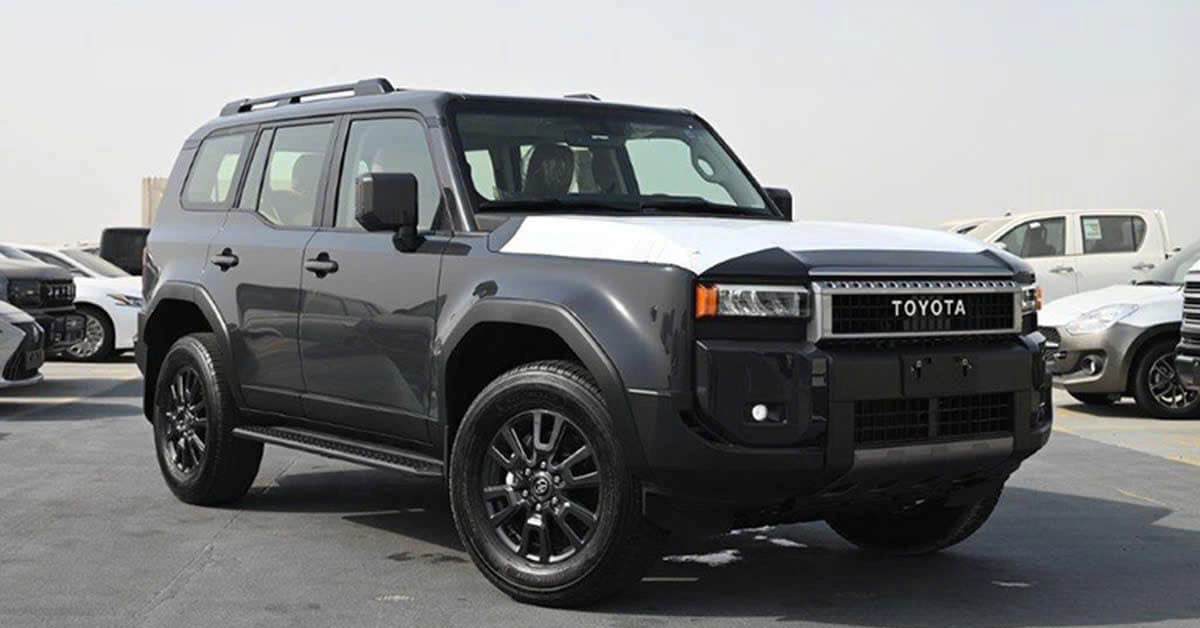



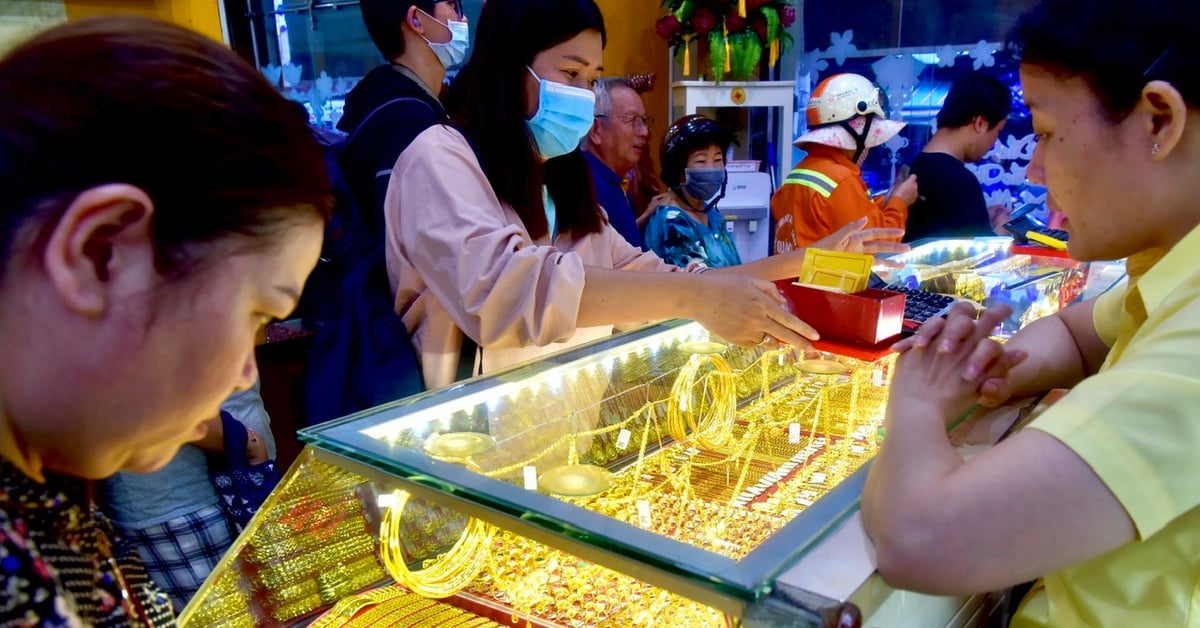
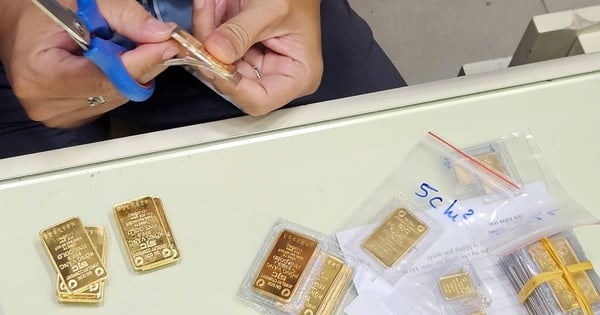


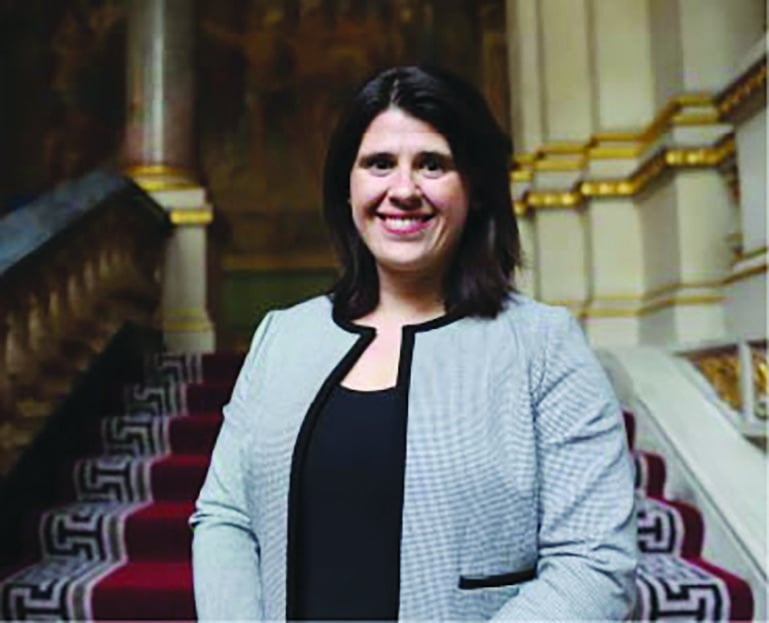













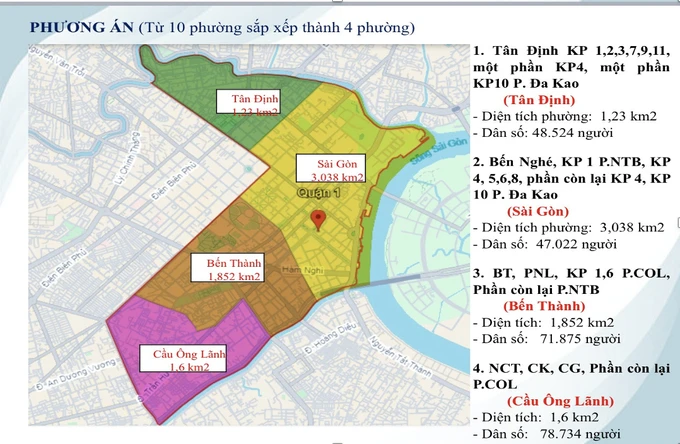



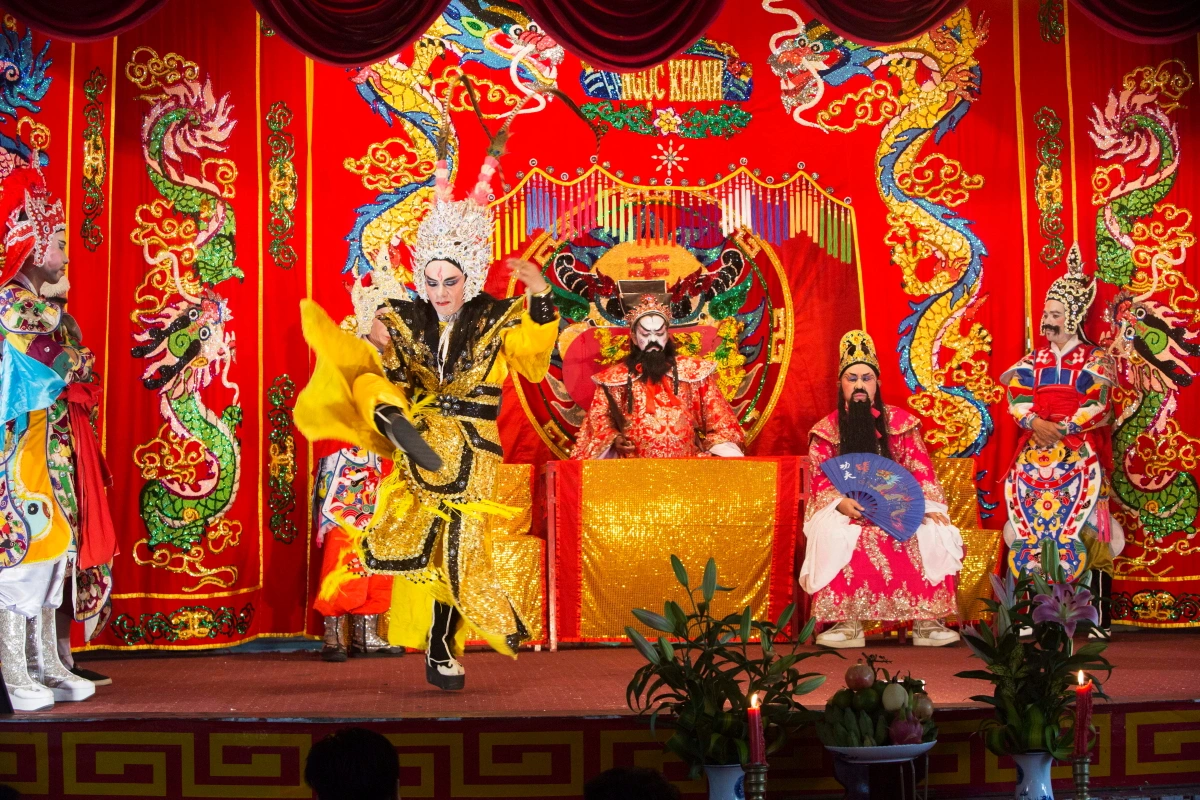

















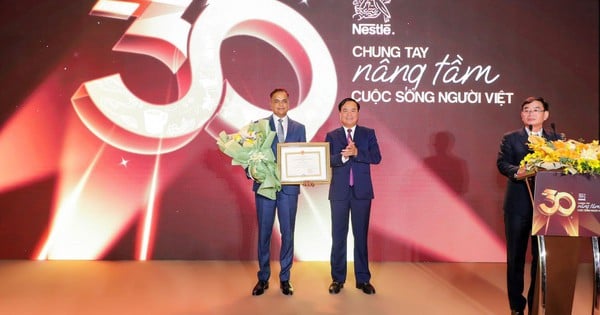
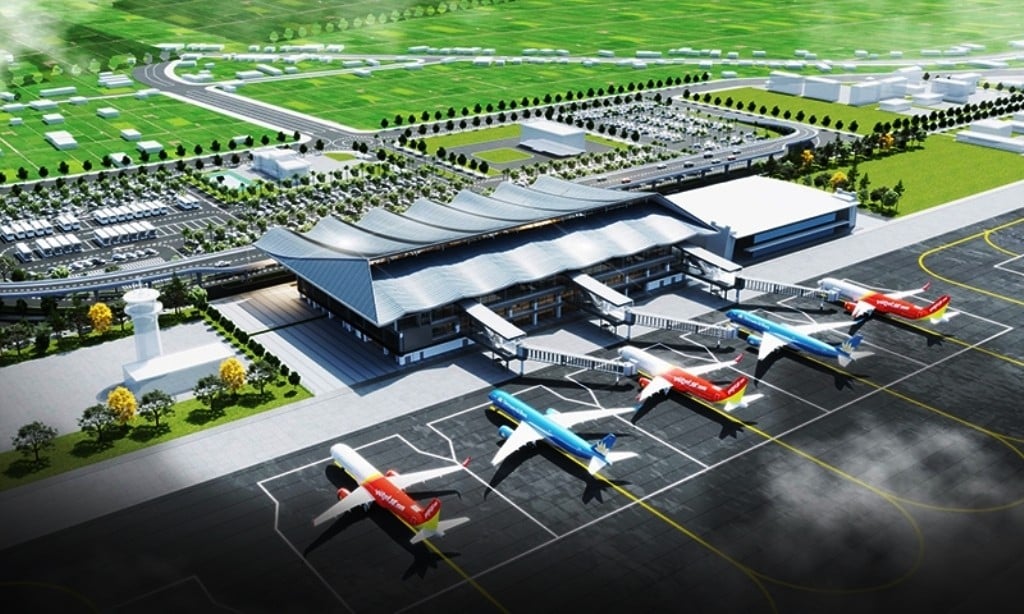









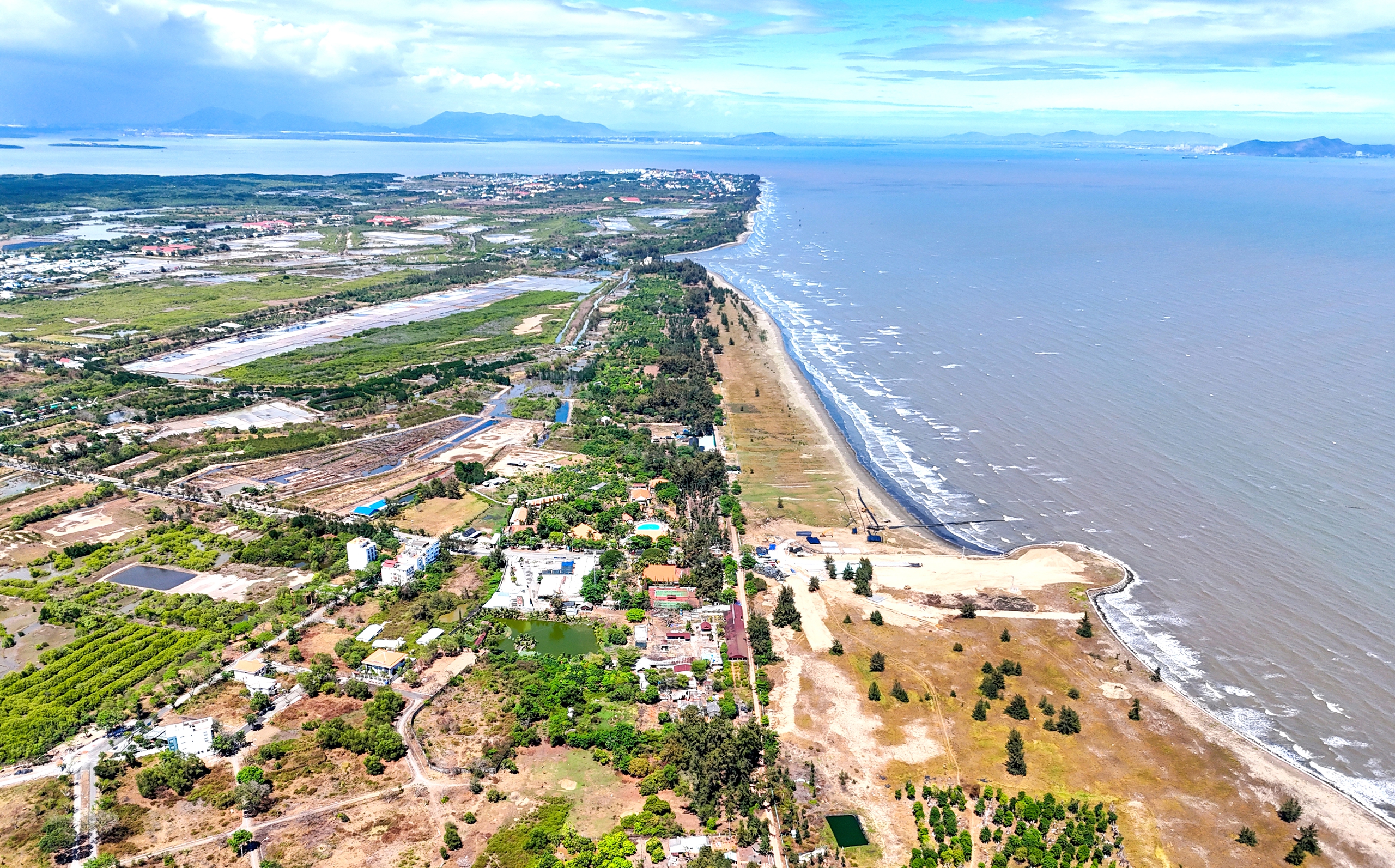








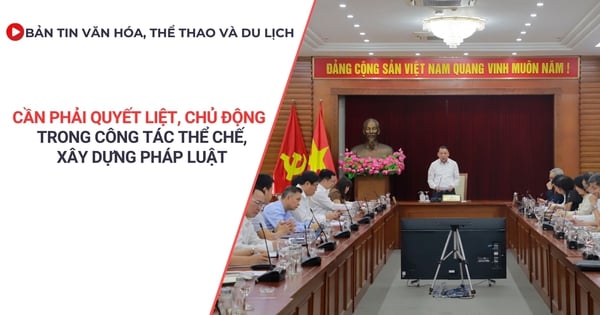









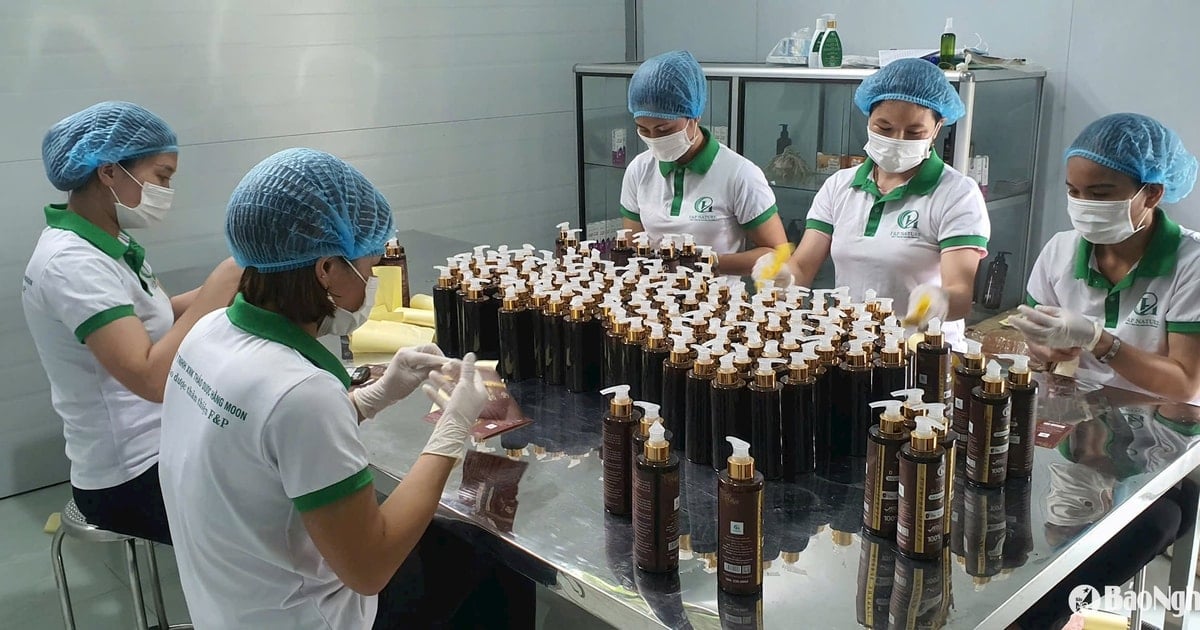












Comment (0)